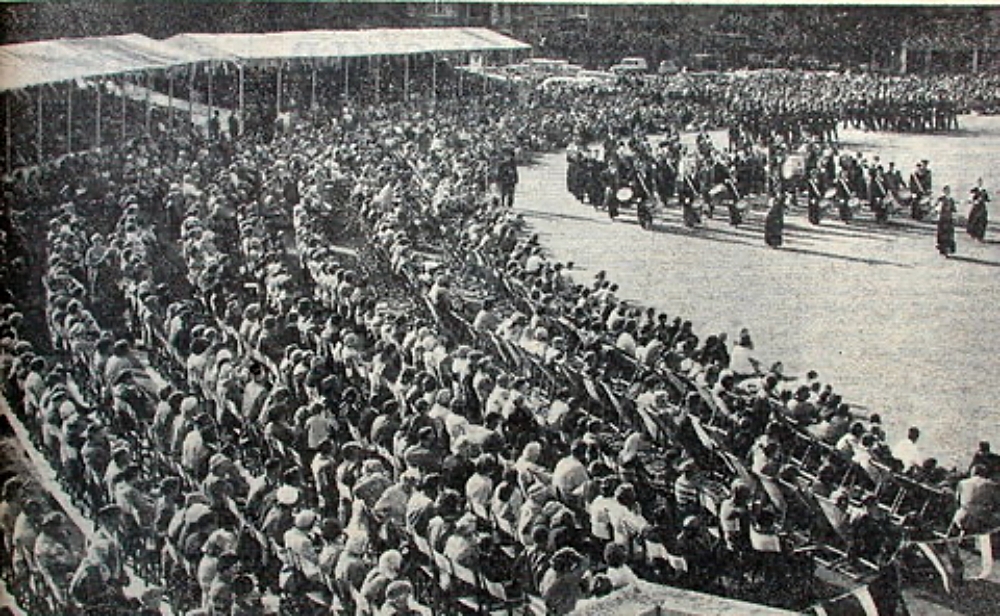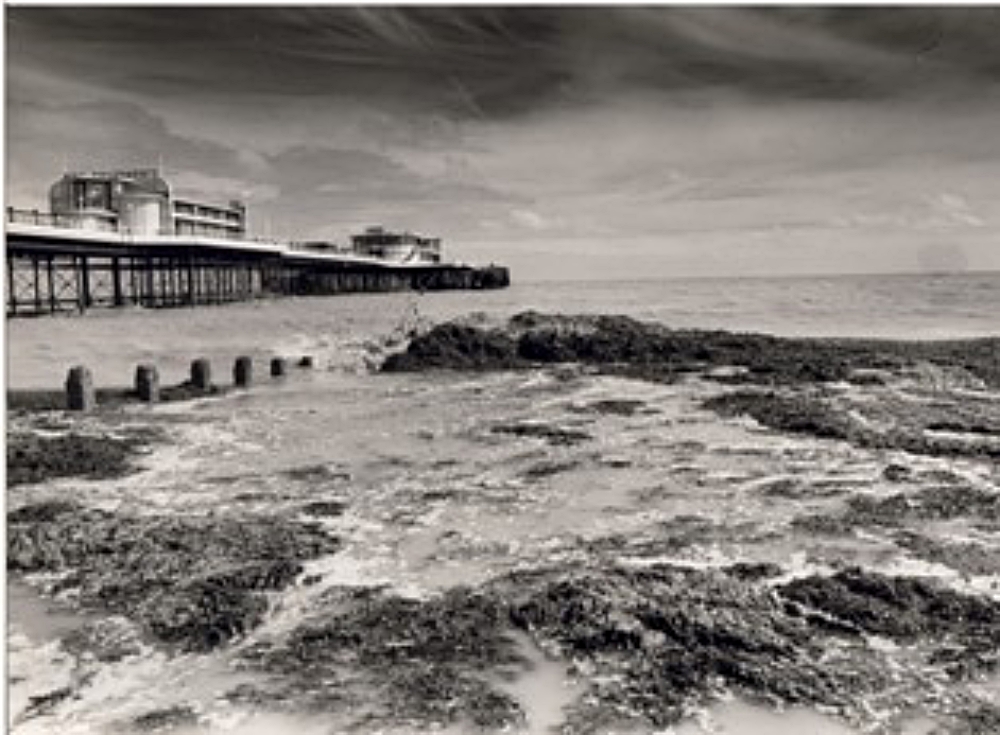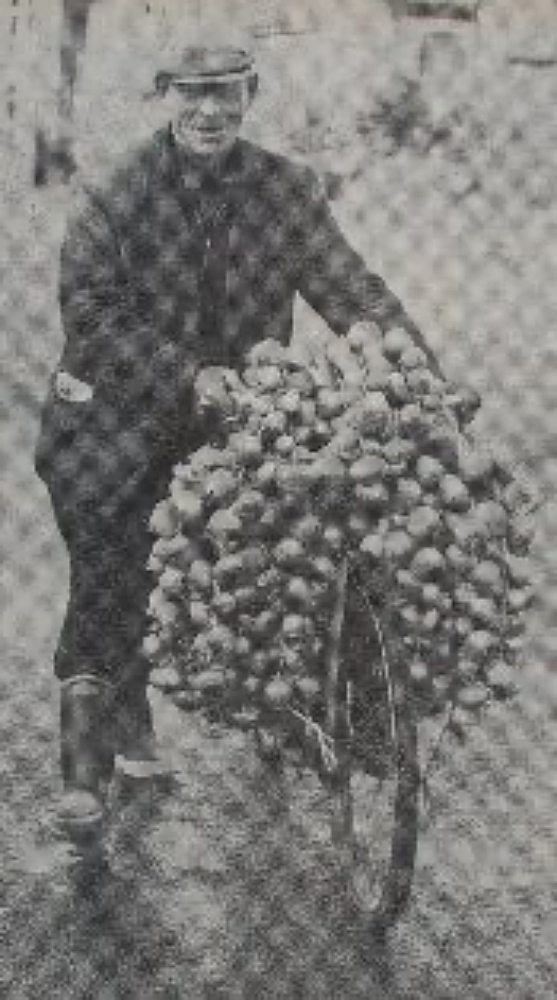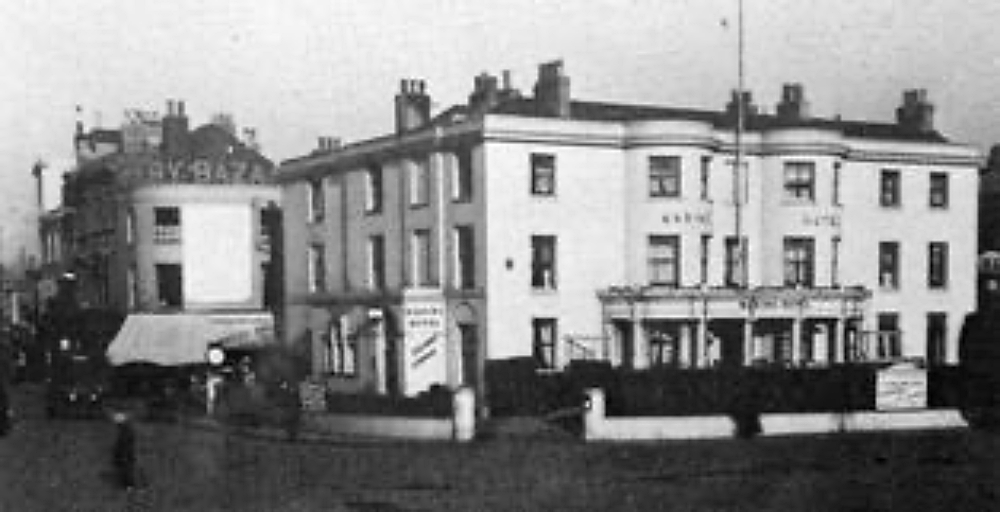A gentle reminder for motorists
TRAFFIC wardens and parking fines are part of everyday street life in Worthing today, so to have a police constable, instead, tuck a friendly note under your windscreen wiper, suggesting there had to be better places to park the car, would seem like sheer Alice in Wonderland.

But that’s exactly what happened back in the swinging 1960s. A police constable spotting a badly parked car would sign such a note, giving the friendly warning, add his official number, and attach it to the windscreen.
As a police spokesman at the time explained: “We are seeking the co-operation of motorists in keeping the main traffic routes of the town as free as possible from parked vehicles.”
THOSE printed notes, issued instead of fines, contained nothing likely to incite motoring rage or aggressive reactions. Instead, they gave the motorist a gentle hint.
They read: “The police prefer to enlist your help rather than prosecute you, therefore, in future, please do not leave your vehicle (as on this occasion) 1, close to a road junction: 2, opposite a street refuge/another vehicle/road obstruction: 3, in a narrow thoroughfare: 4, where waiting is prohibited: 5, in a waiting area longer than the time allowed.” The message even ended with a polite “Thank you.”
Judging by the restrictions, parking meters, wardens, prosecutions and fines we’ve suffered since, must we accept that eventually the polite approach just didn’t work? Or was it because there was no monetary profit to be made by such a method?

The “Swinging Sixties” – a description coined after the event – will, of course, be remembered for many other reasons, both good and bad.
In 1960, property prices were hardening. That year’s annual report of the Worthing and District Auctioneers and Estate Agents Association warned: “Because of considerably improved demand for houses between £4,500 and £5,500, and the better type of bungalow in the £3,500 to £4,000 range, demand is greater than the supply.”
Today’s potential first-time buyers must find such prices unbelievable, even in the current, depressed marketplace.
It was also in 1960 that Worthing got its first hint of a shopping revolution, when Victor Value opened what they called the town’s first “supermarket”. Until then, the “4,000 different types of goods under one roof”. Today, Tesco, Sainsbury’s, the Co-Op and Waitrose probably accommodate more items in just a couple of their aisles.
Those were the days when a Worthing girl was Britain’s top female singing star. Alma Cogan had been a student at Worthing College of Art before being “discovered”.
Sadly, she was to die at an early age, on the edge of international super-stardom.

In 1960, motoring for all was moving ever closer; especially when a firm called Berkeley introduced a sporty-looking three-wheeler car for £399 19s 11d, including purchase tax. It required only a £5 annual road fund disc and insurance was available for a remarkable £4 10s a year.
There was the further temptation that, for this car, you had to pay only a £40 deposit and the balance over four years.
Many opportunities were missed in 1960s motoring. That year, in Worthing, you could have bought a magnificent second-hand Rolls-Royce Silver Wraith for less than £1,500 and a Bentley SS in exceptional condition for a mere £995. But ominous predictions were already being made that cars might soon be clogging the streets of Worthing. Road layout changes began dominating local council thinking.

Conservationists, on the other hand, didn’t get much of a look-in. When Broadwater Street West was widened, to cope with increasing traffic, the authorities cut down a magnificent – and perfectly healthy – tree which had been growing there for at least 400 years.
Television was still in its infancy and it would be many years before the term multi-media would be coined, but the residents of Worthing in 1960 enjoyed an amenity not available today – four purpose-built cinemas.
In a typical week, the Odeon was screening Beloved Infidel, starring Gregory Peck and Deborah Kerr; the Plaza featured Tommy Steele and Sidney James in Tommy the Toreador; the Rivoli was showing The Navy Lark, starring Cecil Parker, Ronald Shiner and Leslie Phillips, and the Dome was running Harry Black, in which British heart-throb Stewart Granger shared top billing with Barbara Rush and Anthony Steele.
After seeing all those, you could always pop over to Lancing’s Luxor cinema for a good laugh with Danny Kaye, in Up in Arms.